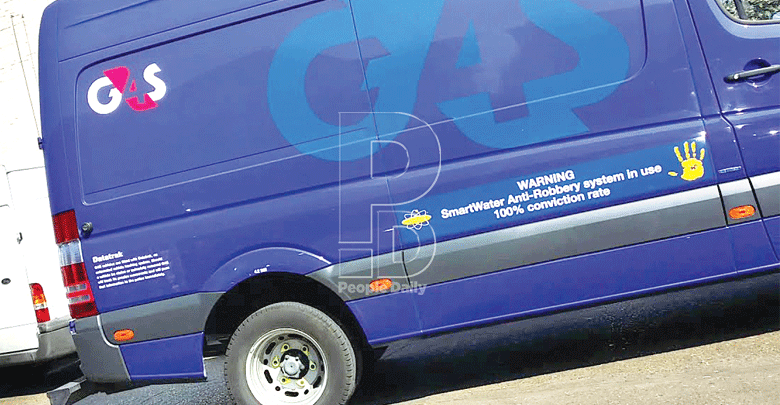Kenya seeks to manage G4S, KK Security merger

Lewis Njoka @LewisNjoka
Kenya has requested to handle the proposed acquisition of G4S by GardaWorld Security Corporation under its local rules, saying the deal could reduce competition in the local market.
Canada’s GardaWorld, which operates in the country as KK Security, has proposed to acquire the entire issued share capital of G4S through its subsidiary, Fleming Capital Ltd.
In a letter dated January 20, the Comesa Competition Commission, which has been handling the merger, said the Competition Authority of Kenya (CAK) has made a referral request for the Kenyan part of the merger to be considered under the Competition General Rules, 2019 of Kenya.
“The CAK has therefore submitted that the proposed transaction is likely to lead to concentration in certain markets in the security sector and potentially, lead to acquisition of, or enhancement of a dominant position contrary to the provisions of Section 46(2) (b) of the Competition Act No. 12 of 2010 of Kenya.
This will substantially lessen competition in the sector in Kenya leading to loss of welfare to the people of Kenya,” reads the Comesa letter in part.
The two, G4S and KK Security, are the largest security services providers in Kenya employing many people directly and indirectly in addition to engaging several small and medium enterprises.
“In this respect, CAK has submitted that the merger is likely to affect all the public interest arrangements the merging parties have with the employees and the SMEs,” says the Comesa letter.
Both G4S and GardaWorld Security Corporation have operations in the Comesa region including Kenya, Uganda, Zambia, and DR Congo among other countries.
Commenting on the request for referral, CAK Communications Manager, Mugambi Mutegi, said under Comesa rules, the agency is allowed to request for the transfer of a merger application if it feels the deal is likely to reduce competition to a material extent.
Proposed merger
“The parties generate over 40 per cent of their revenue in Kenya and have overlaps in the markets for provision of physical security and cash management services.
The proposed merger is therefore likely to lead to a significant increase in concentration in some markets,” Mutegi said.
“The Authority shall make a determination after conducting full analysis of the proposed transaction when the parties submit an application,” he added.
During a merger analysis, CAK considers, among others, the market concentration of the merging parties, the public benefit of the transaction, the impact of the transaction on competitiveness of an industry or sector and employment.
The law requires CAK to make a determination on a merger request within 60 days of receiving all the information relevant to the merger application.
Competition Authority of Kenya may approve a merger unconditionally, with conditions, or decline to approve it.
The Comesa Competition Commission has said it will determine whether it shall deal with the merger itself or refer the whole or part of the merger to CAK to be assessed under the Kenyan competition law.








